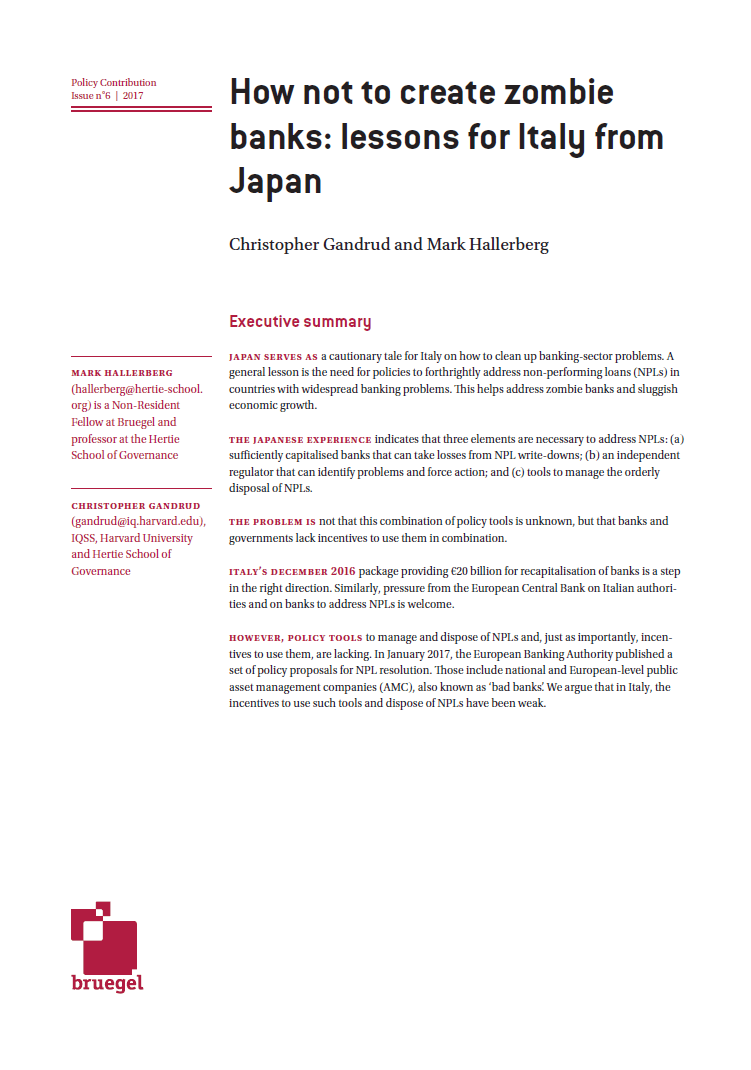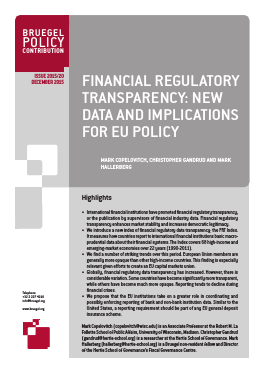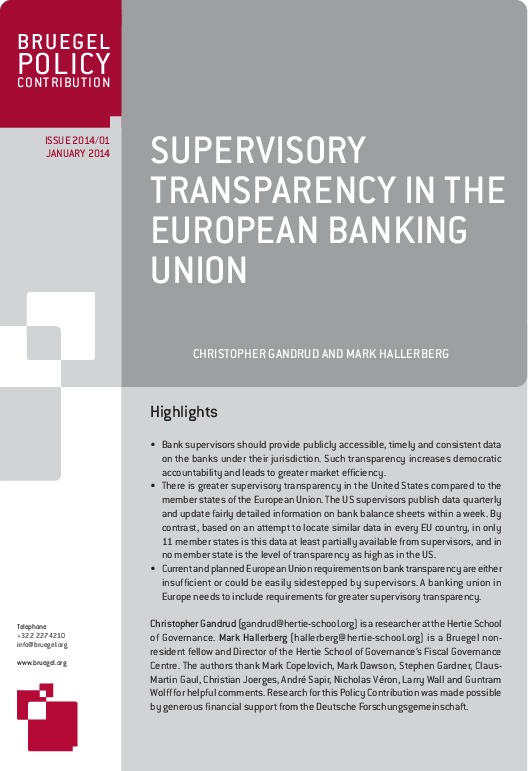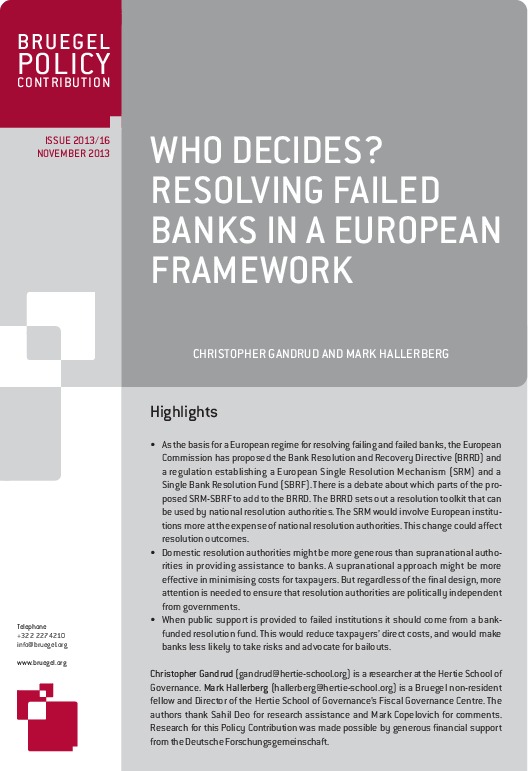External authors

Christopher Gandrud
Researcher at the Hertie School of Governance
Twitter: @ChrisGandrud
Christopher Gandrud is a Lecturer in Quantitative International Political Economy at City University London and Post-Doctoral Researcher at the Fiscal Governance Centre, Hertie School of Governance. His research focuses on the international political economy of public financial and monetary institutions, as well as applied social science statistics and software development. His work has been published in peer reviewed journals including the Journal of Common Market Studies, Journal of Peace Research, Research and Politics, Review of International Political Economy, Political Science Research and Methods, Journal of Statistical Software, and International Political Science Review. He has been a Lecturer in International Relations at Yonsei University and a Fellow in Government at the London School of Economics where in 2012 he completed a PhD in quantitative political science.





